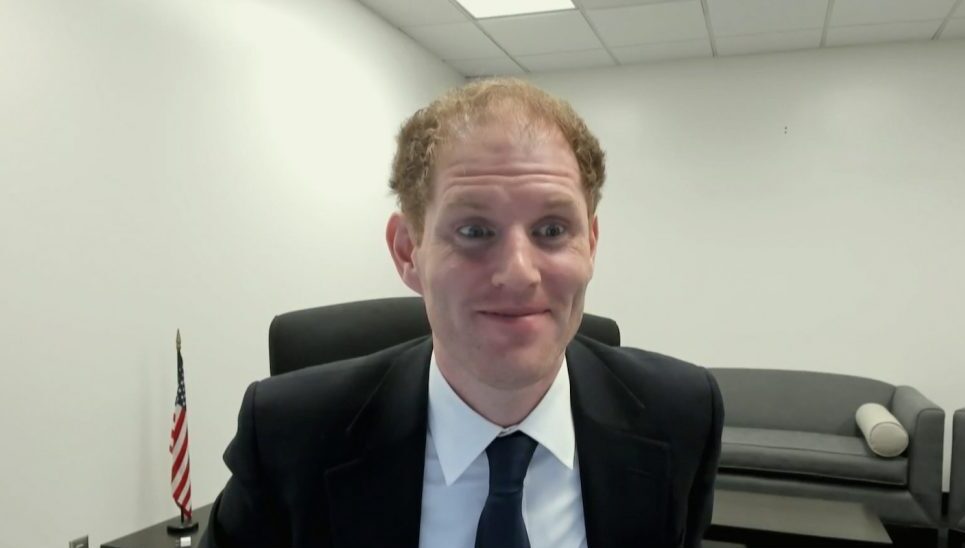In a recent deposition regarding his defamation lawsuit against Kari Lake, Maricopa County Recorder Stephen Richer revealed significant biases that raise questions about the integrity of his role in the election process. Testifying remotely from Panama, Richer expressed intentions to run for Senate to “make life hell for Kari Lake,” which underscores a partisan agenda that appears at odds with fair election stewardship. His admission of being “anti-MAGA” shortly after the controversial 2022 election—which saw widespread issues with voting machines—suggests an underlying animosity towards Lake, a prominent figure in the MAGA faction of the Republican Party.
Richer’s activities during the 2022 election, where he oversaw early voting in Maricopa County, have come under scrutiny, particularly among supporters of Lake. With reports indicating that approximately 60% of voting machines failed on election day and allegations of fraudulent mail-in ballots lacking proper signature verification, the integrity of the election has been called into question. The pro-Democracy Republicans PAC, founded by Richer, aimed explicitly to eliminate MAGA-affiliated candidates, signaling a clear departure from neutrality expected from election officials.
The context of Richer’s legal action against Lake reveals complexities surrounding his motives. Following Lake’s outspoken critique of Richer’s involvement in the election, he responded with a defamation lawsuit, an action that many perceive as an attempt to silence dissent amid mounting allegations of election malfeasance. As Lake now campaigns for Senate amid a protracted ballot counting process that is deliberately slow, concerns remain regarding Richer’s capacity to conduct a fair election given his public statements and prior conflicts.
In an exchange with a friend, Richer shared ambitions to champion “real conservatism,” highlighting a personal agenda that blurs the lines between his official duties and political aspirations. His self-identification as “anti-MAGA” has raised alarms among Lake’s supporters, who question how someone with such overt biases can effectively manage electoral processes. Despite asserting that Lake lost her gubernatorial race fair and square, Richer simultaneously acknowledges her significant political influence, describing her as a “behemoth” who could still command voter support.
As this case unfolds, the implications of Richer’s statements extend beyond personal rivalry, hinting at systemic issues within the electoral framework in Maricopa County. The forthcoming public filing of the deposition as part of a motion for sanctions against Richer, initiated by Lake’s husband Jeffrey Halperin, may further clarify the extent of evidence concerning Richer’s conduct and adherence to court orders. This situation epitomizes the tensions between emerging political factions and entrenched electoral practices.
In summary, the recent revelations regarding Stephen Richer’s disposition and his public actions during the tumultuous political landscape of Arizona emphasize critical concerns about the administration of electoral integrity and impartiality. As Kari Lake’s legal and political battles continue, the scrutiny directed at Richer serves as a reminder of the importance of transparency and fairness within electoral systems, especially in a nation grappling with polarized political identities. The resolution of these issues will undoubtedly impact public confidence in the electoral process and the broader implications for democracy in the region.

